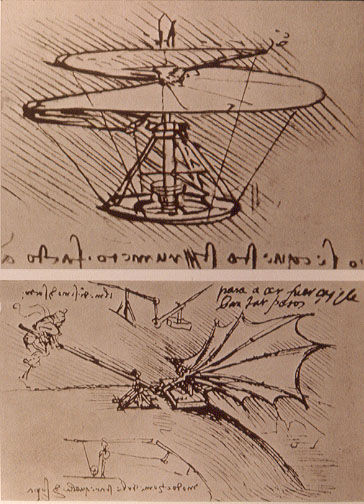Are you creative?
The meaning of "creativity" has evolved through the times and perhaps it's time to revisit and ponder upon the question and relate it to our lives. What does it take to be creative? What does it mean? What are the different manifestations, expressions or examples of creativity?
Why even bother asking such questions? Perhaps you'll be surprised at the answers you can come up with when you open yourself up to the possibility that contrary to your own traditional views of creativity---surprise surprise----you, too like others are creative after all.
Are you ready to go on a journey to find out one's inner "creatio" or ability to "create from nothing"?
Do share your thoughts on this thought-provoking, life-changing questions.
-------------------------------------------------------------
excerpt from What is Creativity? By Linda Naiman
"I define creativity as the act of turning new and imaginative ideas into reality. Creativity involves two processes: thinking, then producing. Innovation is the production or implementation of an idea. If you have ideas, but don't act on them, you are imaginative but not creative.
“Creativity is the process of bringing something new into being...creativity requires passion and commitment. Out of the creative act is born symbols and myths. It brings to our awareness what was previously hidden and points to new life. The experience is one of heightened consciousness–ecstasy.”
— Rollo May, The Courage to Create
“A product is creative when it is (a) novel and (b) appropriate. A novel product is original not predictable. The bigger the concept, and the more the product stimulates further work and ideas, the more the product is creative.”
— Sternberg & Lubart, Defying the Crowd
-----------------------------------------
Let us also consult our very search-friendly wikipedia. This is a sufficient enough basis for discussion. http://en.wikipedia.org/wiki/Creativity Below is just an excerpt on the discussion of Creativity.
Creativity
From Wikipedia, the free encyclopedia
Creativity is a mental and social process involving the generation of new ideas or concepts, or new associations of the creative mind between existing ideas or concepts, creativity is fueled by the process of either conscious or unconscious insight. An alternative conception of creativeness is that it is simply the act of making something new.
From a scientific point of view, the products of creative thought (sometimes referred to as divergent thought) are usually considered to have both originality and appropriateness.
Although intuitively a simple phenomenon, it is in fact quite complex. It has been studied from the perspectives of behavioural psychology, social psychology, psychometrics, cognitive science, artificial intelligence, philosophy, history, economics, design research, business, and management, among others. The studies have covered everyday creativity, exceptional creativity and even artificial creativity. Unlike many phenomena in science, there is no single, authoritative perspective or definition of creativity. And unlike many phenomena in psychology, there is no standardized measurement technique.
Creativity has been attributed variously to divine intervention, cognitive processes, the social environment, personality traits, and chance ("accident", "serendipity"). It has been associated with genius, mental illness and humour. Some say it is a trait we are born with; others say it can be taught with the application of simple techniques. Creativity has also been viewed as a beneficence of a muse or Muses.
Although popularly associated with art and literature, it is also an essential part of innovation and invention and is important in professions such as business, economics, architecture, industrial design, music, science and engineering.
Despite, or perhaps because of, the ambiguity and multi-dimensional nature of creativity, entire industries have been spawned from the pursuit of creative ideas and the development of creativity techniques.

Creativity has been associated with right or forehead brain activity or even specifically with lateral thinking.
Some students of creativity have emphasized an element of chance in the creative process. Linus Pauling, asked at a public lecture how one creates scientific theories, replied that one must endeavor to come up with many ideas — then discard the useless ones.
Another adequate definition of creativity is that it is an "assumptions-breaking process." Creative ideas are often generated when one discards preconceived assumptions and attempts a new approach or method that might seem to others unthinkable.
Distinguishing between creativity and innovation
It is often useful to explicitly distinguish between creativity and innovation.
Creativity is typically used to refer to the act of producing new ideas, approaches or actions, while innovation is the process of both generating and applying such creative ideas in some specific context.
In the context of an organization, therefore, the term innovation is often used to refer to the entire process by which an organization generates creative new ideas and converts them into novel, useful and viable commercial products, services, and business practices, while the term creativity is reserved to apply specifically to the generation of novel ideas by individuals or groups, as a necessary step within the innovation process.
For example, Amabile et al. (1996) suggest that while innovation "begins with creative ideas,"
- "...creativity by individuals and teams is a starting point for innovation; the first is a necessary but not sufficient condition for the second."[1]
Although the two words are novel, they go hand in hand. In order to be innovative, employees have to creative to stay competitive.
=======================================


